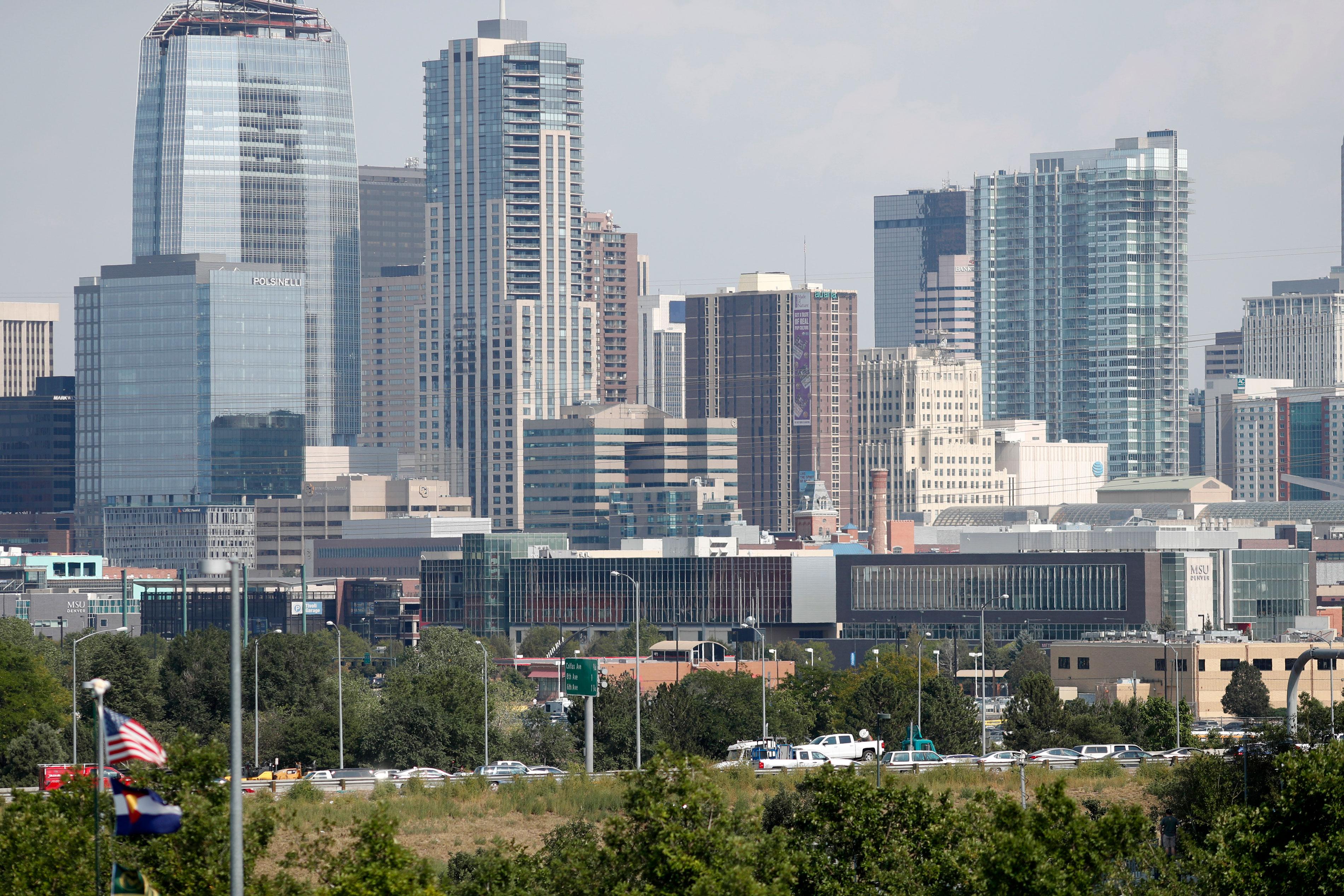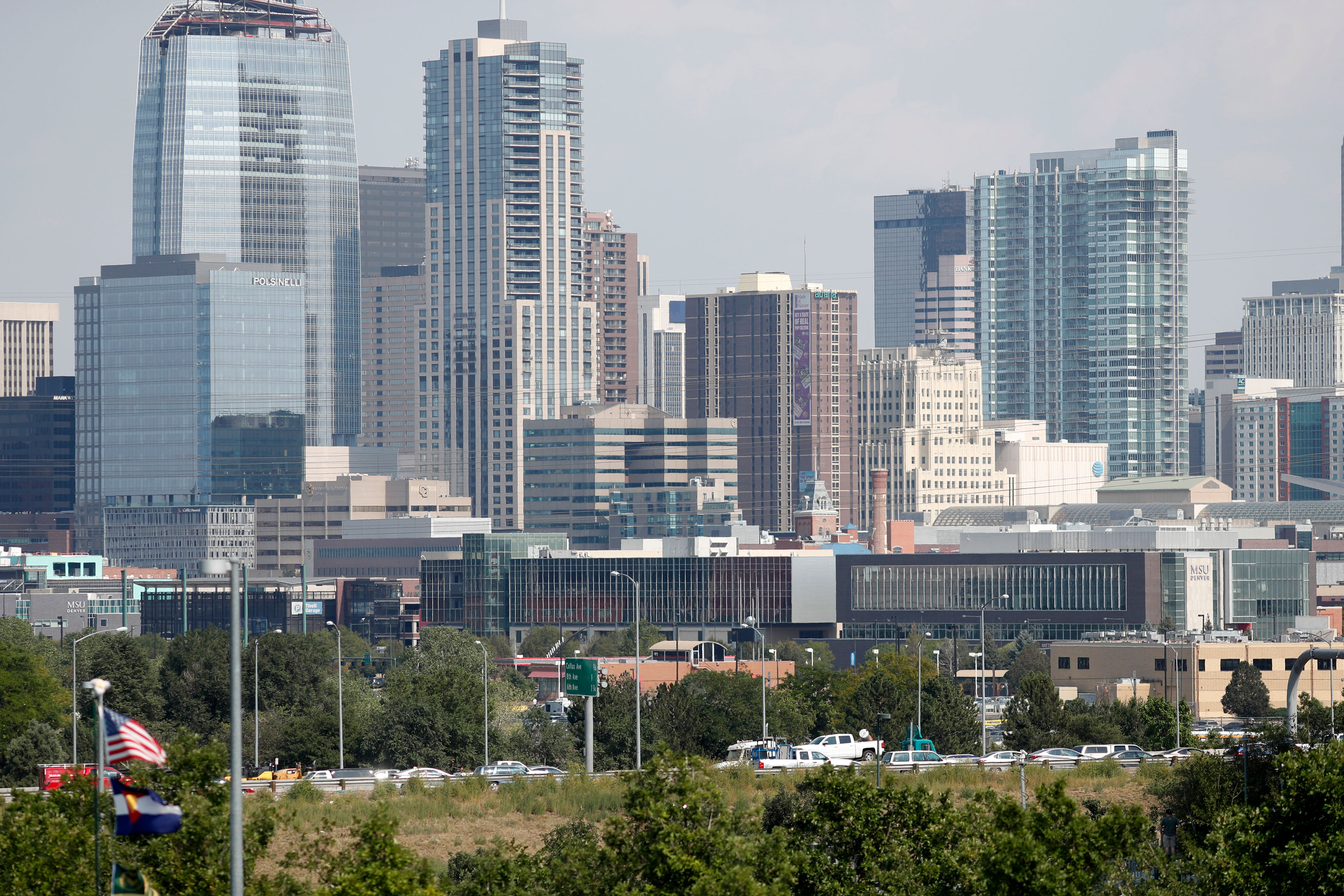

In the years after the recession Colorado’s economy bounced back more quickly than other states — and has become the envy of the country. That’s not expected to change anytime soon, according to a new report from University of Colorado Boulder Leeds School of Business.
The report is chock full of good news.
Employment
2018 will bring jobs. In fact, CU is forecasting 47,100 new jobs. But there’s good and bad in that number.
47,100 new jobs is nothing to sneeze at; some states would love that kind of growth. Leeds School economists say it’ll likely put Colorado in the top 10 nationally for job creation next year. Not only that, but the job gains are expected in every major sector of Colorado’s economy.
The bad? The job forecast translates to a growth rate of 1.8 percent, compared to a much better 3.5 percent growth rate from 2014. New business formation is strong, but those businesses are having trouble finding workers. That’s actually a big part of what’s slowing job creation in Colorado: there just aren’t the workers available to fill positions.
But if there aren’t enough qualified workers, shouldn’t wages be going up as businesses compete for talent that’s around?
There’s surely some of that happening in highly-educated, high-wage fields, like software design or aerospace engineering. But CU found that 3 out of every 4 jobs created in 2017 paid below the state average of $54,664. There’s lots of job creation in the Leisure and Hospitality sector for instance, but resturant and hotel workers tend to make less. Industries that pay high wages, like oil and gas, have struggled in recent years, dragging the average pay down.
Oil & Gas
After years of decline, there’s some optimism around the oil and gas industry.
Oil prices are up more than 30 percent since June 2017. There are more than 30 drill rigs consistently operating in the state, double what it was in mid-2015. CU says there was solid job growth in the Natural Resources and Mining sector for 2017, 5.5 percent, and they expect solid job growth in the next year too, forecasting a 4.4 percent increase. This is important not just for the energy industry but for the fiscal health of local governments that rely on tax revenue from drilling operations.
Rural Colorado
Good news in oil and gas is usually good news for Colorado’s rural economy too, but there’s another tough year ahead for agriculture.
The world is awash in wheat and corn, which is driving down prices, directly impacting grain farmers. That isn’t expected to change. Farmers will continue to deal with declining profits.
The news is not much better for the cattle market, which dominates agriculture revenue in Colorado, thanks to concern about more restrictive international trade policies. President Donald Trump has said he wants to renegotiate NAFTA, and Colorado’s a major beef exporter to Mexico.
Centennial State Optimism
Colorado’s economy is very strong. Unemployment is low, less than 3 percent with job growth across diverse industries. Oil prices are up. More construction is forecast for 2018, especially in housing which is sorely needed.
Even bad news in the Leeds report is kind of good. Brick and mortar retail jobs are shrinking — think Macy’s and Sears — but at the same time, e-commerce fulfillment center jobs are replacing them so some extent. Amazon’s fulfillment center in Aurora and the future center in Thornton are a testament to that. Even with those headwinds, the brick and mortar stores in Colorado are doing well, in part because of population growth. Malls aren’t sitting vacant here like in other parts of the country.
The caveat to all this is that any shock to the economic system could disrupt things. A Moody’s analysis found that Colorado should worry about a moderate downturn, or even a larger recession. Something unforeseen could also affect the national or international economy.









